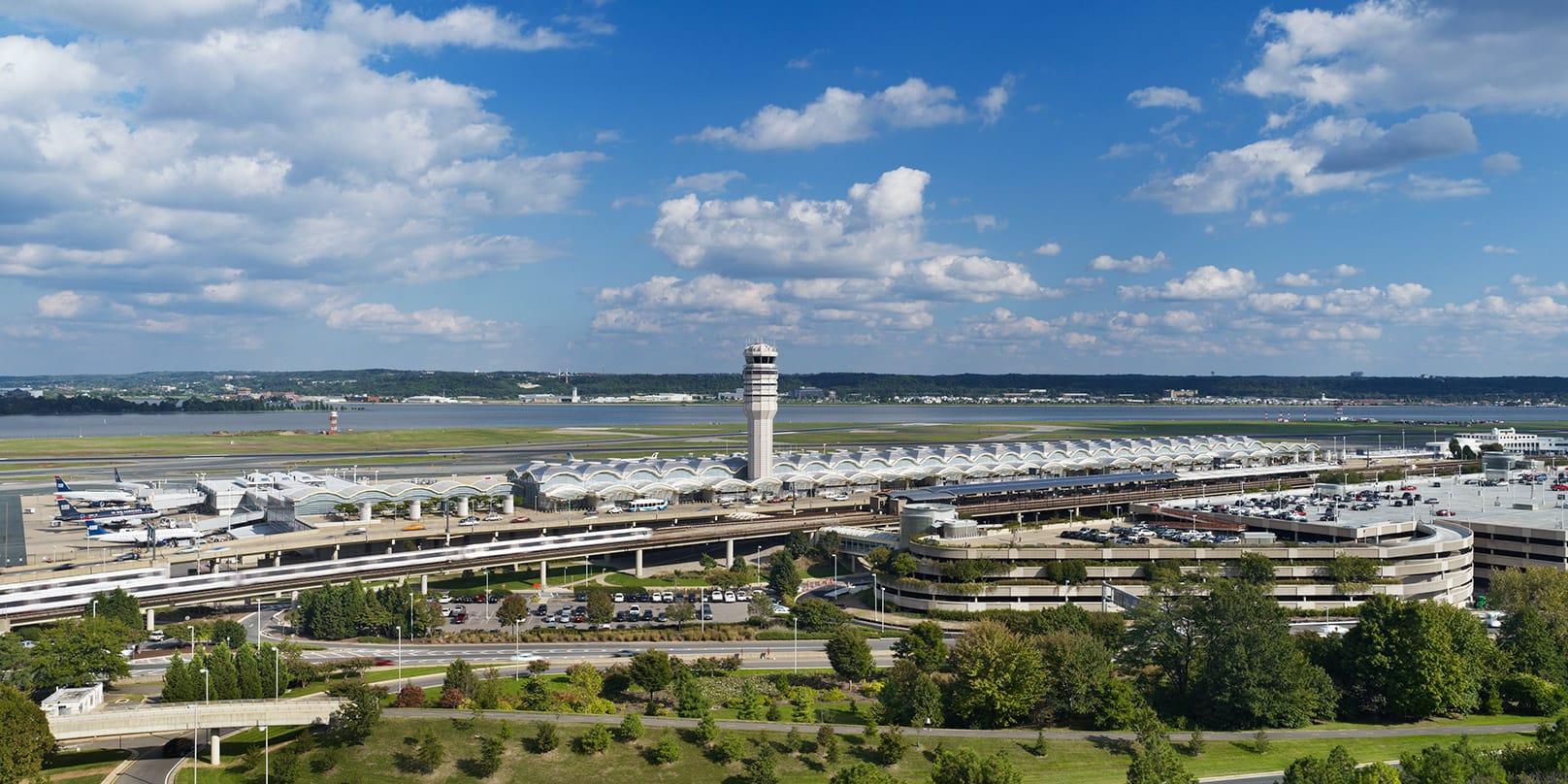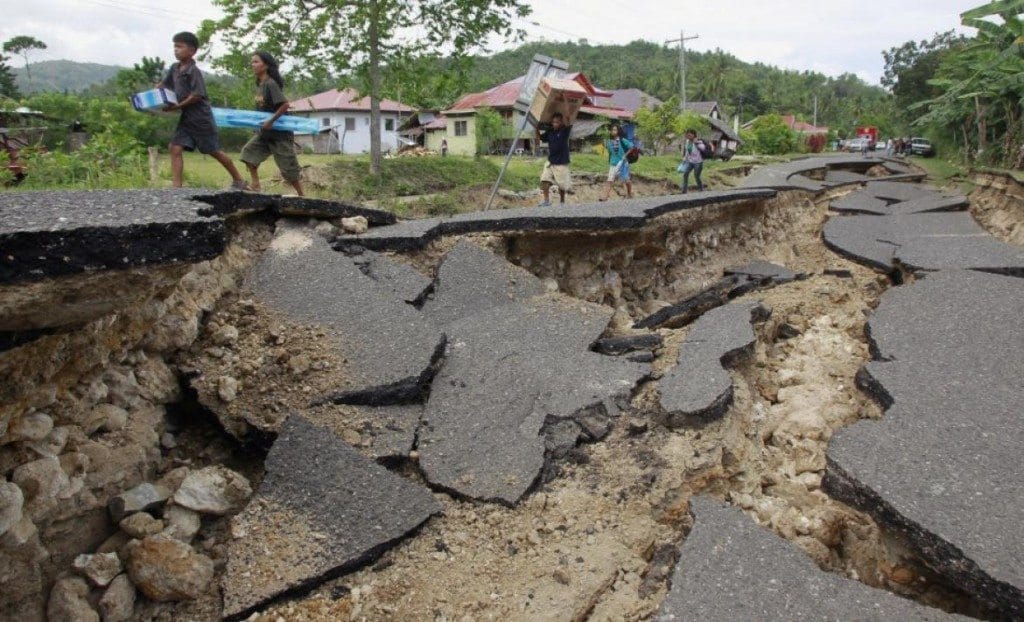The Palestinian Authority (PA) has officially suspended the operations of Al Jazeera in the West Bank, a move that has drawn significant attention both locally and internationally. This decision comes amid ongoing tensions surrounding media coverage and the portrayal of events in the Palestinian territories. The PA has cited violations of local laws and regulations as the primary reason for this suspension, asserting that Al Jazeera has not adhered to the necessary legal frameworks governing media operations in the region.
Al Jazeera, which is based in Qatar, has been a prominent source of news and information regarding Palestinian affairs for many years. The network has garnered a reputation for its extensive coverage of the Israeli-Palestinian conflict and its commitment to reporting on issues affecting Palestinian society. However, the PA’s recent actions suggest a growing concern over the narrative being presented by the network and its potential impact on public sentiment and political stability.
The announcement of the suspension was made by the PA’s Minister of Information, who stated that the decision was taken after a thorough review of Al Jazeera’s activities in the West Bank. The minister emphasized that the PA is committed to upholding the rule of law and maintaining a responsible media environment. The PA’s stance reflects a broader trend in the region, where governments are increasingly scrutinizing media outlets and their reporting practices.
In response to the suspension, Al Jazeera has expressed its disappointment and concern over the implications for press freedom in the West Bank. The network has reiterated its commitment to reporting accurately and fairly on the situation in Palestine. Al Jazeera’s management has stated that they are currently evaluating the situation and considering their options moving forward.
The suspension has sparked a debate about the role of media in conflict zones and the challenges faced by journalists operating in politically sensitive environments. Advocates for press freedom argue that such actions by the PA could set a dangerous precedent for media operations in the region. They contend that a free and independent press is essential for democratic governance and accountability, particularly in areas where political tensions are high.
Critics of the PA’s decision have raised concerns that the suspension may be an attempt to stifle dissenting voices and limit the flow of information. In a region where public opinion can be heavily influenced by media narratives, the ability of journalists to report freely is seen as a vital component of civil society. The PA’s actions have led to calls for greater transparency and dialogue regarding media regulations and the rights of journalists.
International organizations and human rights groups have also weighed in on the issue, urging the PA to reconsider its decision and uphold the principles of press freedom. They argue that any restrictions on media operations should be carefully weighed against the public’s right to access information. The situation highlights the delicate balance that governments must strike between maintaining order and allowing for free expression.
As the situation unfolds, it remains to be seen how the suspension will impact Al Jazeera’s reporting on Palestinian issues and the broader media landscape in the West Bank. The PA’s decision is likely to have implications for other media outlets operating in the region, as they assess the potential risks associated with their coverage. Journalists may find themselves navigating a more complex environment, where adherence to local laws is scrutinized against the backdrop of international standards for press freedom.
In conclusion, the suspension of Al Jazeera’s operations in the West Bank by the Palestinian Authority raises important questions about the future of media in the region. As discussions continue regarding the balance between regulation and freedom of the press, the implications for journalists and the public’s access to information remain significant. The situation serves as a reminder of the challenges faced by media organizations operating in conflict zones and the critical role they play in shaping public discourse.



